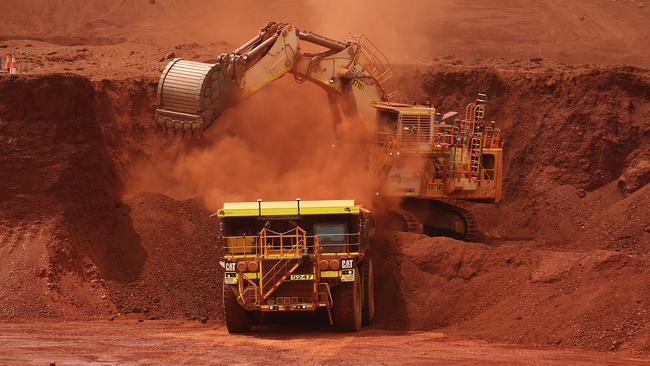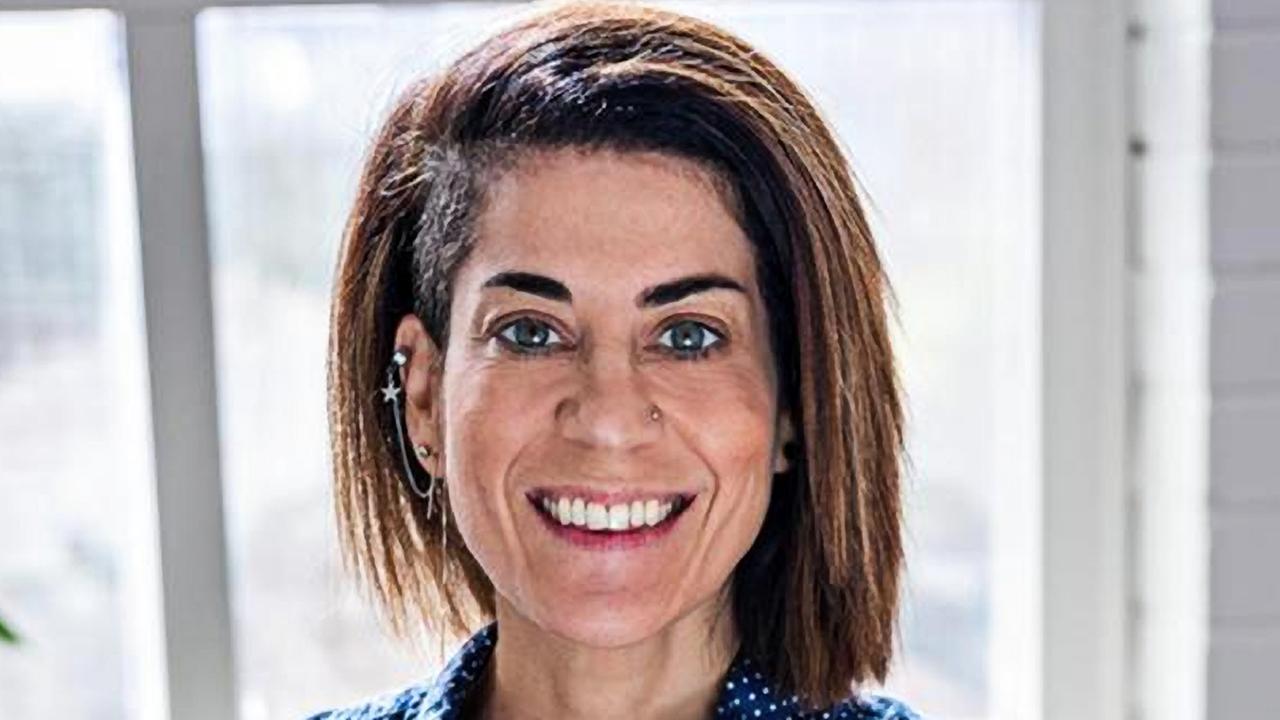Yindjibarndi want $1.8bn in mining compensation
The Yindjibarndi people have claimed $1.82bn in compensation in a Federal Court dispute over mining without agreement on its traditional lands.

The Yindjibarndi people have claimed $1.82bn in compensation in a Federal Court dispute over mining without agreement on its traditional lands.
The Yindjibarndi Ngurra Aboriginal Corporation says the Cook Labor government is liable because the West Australian government issued the mining licences to Fortescue at Solomon Hub in the Pilbara more than a decade ago, under Liberal premier Colin Barnett.
Fortescue, also known as FMG, is the second respondent in the landmark Federal Court case because under the WA’s mining laws, the state can seek to recover any payout from the company.
This is the first time a native title group has sued over mining that proceeded without an agreement. And while disputes among traditional owners over who belongs to a particular group are not rare, Yindjibarndi claims that FMG stoked division and bankrolled a splinter group in order to smooth its own path.
Until Wednesday, the Yindjibarndi had not spelled out precisely how much compensation it believed it was owed.
The Aboriginal corporation, which is trustee for the Yindjibarndi people, says in the document made public on Wednesday that the total figure is $1.82bn. This comprises $1bn for cultural loss, $678.1m for economic loss, $34.8m for the specific destruction of sites and $112.1m for healing the trauma of social disruption it says FMG caused.
The Yindjibarndi claim to have new evidence in the form of “a remarkable document” showing FMG was supporting the splinter group, known as WYAC, as early as 2011. It says the document was discovered last August.
“It is an invoice and corresponding purchase order from (law firm) Corser & Corser to FMG for $107,000. The invoice is dated 4 March, 2011,” Yindjibarndi says in its submission filed to the Federal Court on Wednesday.
“It refers to a meeting to be held on 16 March and is for anticipated expenses for 214 WYAC members to be paid $500 expenses each.
“This is a clear and significant measure of support for one side of what was already a serious division in the community.
“There should be no difficulty in inferring that FMG gave the support to further its own commercial interests.”
Yindjibarndi’s submission, made public by the Federal Court on Wednesday, says there are several such invoices for Corser & Corser’s representation of WYAC totalling $590,000.
FMG released a short statement on Wednesday as hearings in the case continued in the Federal Court.
“Fortescue accepts that the Yindjibarndi People are entitled to compensation. However, the parties disagree on the amount of that compensation,” the company statement said.
“It is noteworthy that Fortescue has agreed and pays financial compensation under all of its other seven native title agreements.”
The Federal Court hearings are being live-streamed to the Pilbara town of Roebourne, where Yindjibarndi people gathered to watch at the community centre called Ganalili. The centre was once the notorious Victoria Hotel, the scene of a violent clash between off duty police and Aboriginal males that ended in the death in custody of 16-year-old John Pat in 1983.
The Yindjibarndi bought the building in 2014 and turned it into a community hub with cafe, accommodation, general store and offices.
FMG is yet to make its own closing submissions in court. That is when the company is expected to address in detail all the claims made by the Yindjibarndi throughout the hearings and in the document published by the court on Wednesday.
In that document, the Yindjibarndi say: “Yindjibarndi people over 30 years of age can remember that the Yindjibarndi community were harmonious before 2007 when FMG arrived to negotiate the SHP (Solomon Hub Project) tenements.
“Up until then, the traditional form of decision making was that elders would discuss and consider the views of the wider community (including their families and partners) before making final decisions,” the Yindjibarndi say.
However, in one submission provided to the court in December last year, FMG says: “The agreed facts make clear that the grant of the FMG tenements did not cause the disharmony.
“YNAC’s (the Yindjibarndi’s) case as to the alleged social disharmony does not confront the agreed position that the disagreement within the YP (Yindjibarndi people) related to a genuinely held view, and related to matters other than about FMG.”
FMG says the Yindjibarndi, through the Yindjibarndi Aboriginal corporation, engaged in oppressive conduct directed to people who held contrary views.
In the same document, FMG anticipated a claim of $1bn in compensation for cultural loss and described this as exaggerated and ambit.
“It does not seek compensation for cultural loss but, in truth, is a masked claim for the YP (Yindjibarndi people) to share in profits or revenue made by the state and FMG in mining for and selling iron ore, always owned by the state, for which FMG is required to pay and has paid and will pay economic rent to the state,” FMG stated last December.
“A sum of no more than $8m would reflect Australian standards that are appropriate, fair and just. The ambit claim for a round $1bn is an impermissible claim that seeks to enable the YP (Yindjibarndi people) to share in profits and revenue, to which they are not entitled.”



